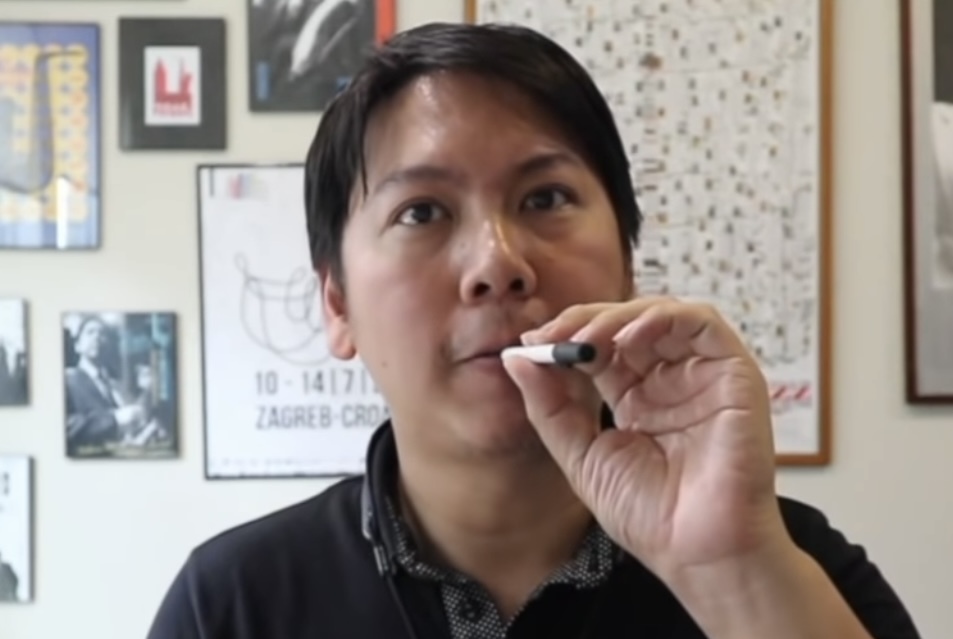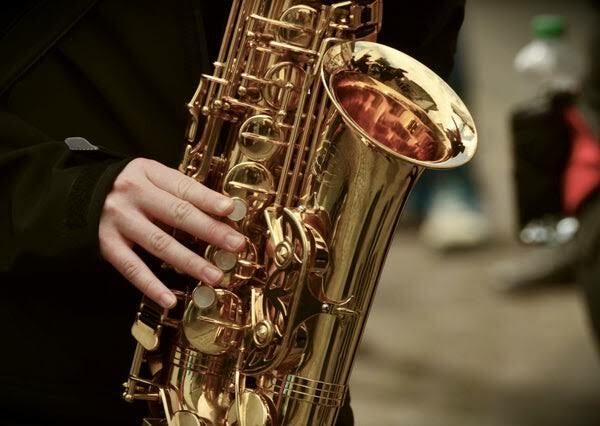
In the last blog, we analyzed and found out the reasons for the crackling when playing saxophone. Did you find the problems you had in practice after reading carefully? In fact, in many cases, the good or bad performance results often come from many aspects, and we do not necessarily regard all performance mistakes as our own problems. At the same time, in the last blog, we also summarized three factors of the crackling. If you have carefully read our article, but still haven't found an effective solution, we hope that today's blog can solve more of your doubts.
First of all, at the end of the last blog, we mentioned that the strength of the mouth is also an important factor that affects the crackling, but now many people tend to ignore this when learning saxophone. I have met many students who feel that it is too boring to practice mouth strength, so they are unwilling to spend the time to practice, which will directly lead to embouchure shifting, mouth muscle weakness, etc. after a long time of playing. How can we strengthen the power of the mouth muscles?
Saxophone|The Causes and Solutions to the crackling of saxophone (Part 1):https://www.sixmonthsrebellion.com/blog/posts/the-causes-and-solutions-to-the-crackling-of-saxophone-part-1

Strengthen mouth gathering practice
In the practice, we need the help of a pen. We need to place the pen in the mouth and in the middle of the lips, and make the correct performing embouchure. Generally speaking, the pen is smaller and thinner than the mouthpiece, so more mouth power is required to clamp the pen firmly.
But when practicing, we need to pay attention that we do not need to use the upper teeth to bite the pen, but simply use our lips to hold the pen and force it to the middle (note that it needs to be very hard).
At the same time, we need to keep our chin flat, just like when making the correct embouchure. If you are not sure whether your embouchure and posture are correct, we can look into the mirror. Don't worry if you feel sore during the exercise, and please stick to it. Practice for about 10 minutes every day for about 2 weeks, and your mouth strength will be significantly improved.
Improve Your Power and Range on the Saxophone:https://youtu.be/r2SnukZ-szQ
In the last blog, we summarized that the reed and mouth strength are the causes of crackling, and here we need to add two more reasons for your reference.
Key problems:

Many students have problems with inflexible fingers when they first learn about saxophone, or their fingers are too stiff to press keys well. The following problems are likely to occur:
1. The key pressing speed is not uniform, and the key pressing speed of individual fingers is slow
2. The fingers are not clean enough so that they cannot change their fingering flexibly
3. The finger can't press the key at the same time, and still hesitates when the finger needs to be lifted
4. The speed of thumb pressing the octave key is not consistent with that of other fingers
Because saxophone is a woodwind instrument, it needs to change the effective length of the instrument tube to produce different pitches by blocking or releasing specific sound holes. Therefore, if we have problems with the speed matching of our fingers, the length of our instrument tube will be changed irregularly, and the instrument will not have a good seal, or this can also be called instrument air leakage. In the usual practice, we must start from slow practice. At the same time, we can do more key practice and become proficient in scales and music scores.
Position of neck strap and angle of neck bend:

Perhaps few students would guess that the neck band and bent neck are also a factor that causes the whistling of saxophone. In fact, when we play saxophonenormally, our breath should be blown forward directly and enter into the tube of the instrument gently.
However, if our neck band is too high or too low, it will definitely affect our breath. If our breath enters our saxophone at a very inclined angle, it may be difficult for our mouthpiece to make a normal sound, because this is contrary to the design of the mouthpiece, and it is naturally difficult for us to make a good sound.




